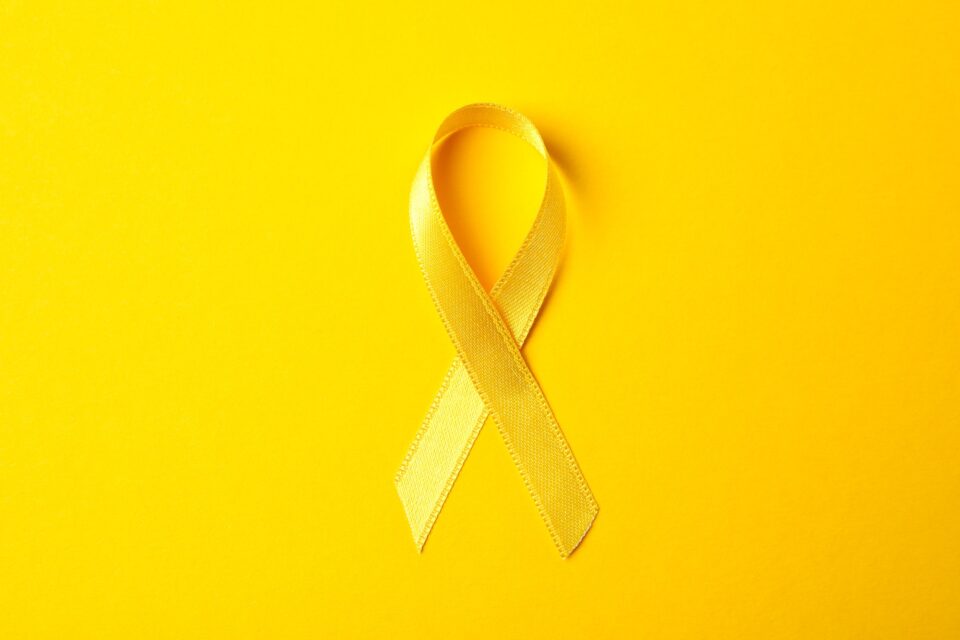Returning to life after cancer is often not a quick switch to how life used to be. A cancer diagnosis is a life-altering disease. It’s not just upheaval for the patient, but also for their loved ones.
While completing treatment may feel celebratory, it may also trigger an avalanche of emotions. Fear of recurrence is often at the top of the list of fears. Other concerns involve long-term side effects from the treatment, effects the diagnosis had on your loved ones, and financial issues.
Getting back to what will be your “new normal” will take time and a lot of grace from yourself and those around you. We’re sharing four pieces of advice for returning to life after cancer to help you find that “new normal.” This is certainly not an exhaustive list but it is meant to be a starting point for cancer survivors to practice healthy ways of finding that “new normal.”
1. Ask for professional coaching or counseling.
For months, you’ve spent the majority of your time in doctor’s offices. Suddenly, you don’t have a doctor’s appointment for an extended period of time. This may create a lot of anxiety and fear with the change in routine and the lack of a medical professional regularly evaluating your symptoms.
Many people put their emotions to the side while undergoing treatment. Then, those bottled-up emotions come rushing in after treatment is completed.
It may be very beneficial to seek professional coaching or counseling for this reason. Someone who understands what you’re feeling because they have survived cancer themselves or has the tools to help you process your experiences can be empowering. Wheelhouse coaches come alongside you in just this way (Reach out to learn more!). Receive help to grieve the changes happening in your life and help you discover where new paths and opportunities may lie next. It is not a weakness to ask for help!
2. Schedule enjoyable hobbies into your routine.
Tasks you once did with ease may become more difficult and create frustration and anger. Going back to work may be stressful if you do not have the same energy levels as before, caused by the effects of your treatment.
Build hobbies or enjoyable activities into your routine to encourage positive feelings! Maybe that’s gardening, cooking, playing with your grandchildren, listening to or creating music. Allow yourself the time to explore what those new hobbies and activities are in this stage of your life!
Whatever you decide to do, trying to stay positive during this adjustment period is essential. At the same time, allow yourself to feel your feelings and discuss them with family, friends, or a professional coach or counselor as mentioned in advice #1!
3. Set achievable goals.
Setting achievable goals is very important. The emphasis is on “achievable!” This advice is especially helpful for reentering the workforce in any industry. Try not to set yourself up for failure which will just lead to more frustration. Even small wins add up over time and will help you feel better!
Ideas for healthy goals to set as a survivor:
- Attend follow-up appointments as planned by your care team (see advice #4)
- Schedule regular times of meditation
- Spend time in nature or other settings that you find relaxing
- Use a planner to help remember details about work assignments
To reach your goals:
- break up tasks
- ask for help from a trusted friend or coworker
- have a conversation with your boss if things are more difficult at work (Reasonable accommodations can often be made to you for re-entering the workforce. The first step is to ask!)
4. Maintain a healthy lifestyle.
One of the main keys to entering a healthy survivorship period is to maintain as healthy of a lifestyle as possible. This covers a range of areas in your life, such as exercise, nutrition, and mental and emotional health. In later Wheelhouse news posts, we will share specific tips in these areas to help you achieve a healthy lifestyle!
Another aspect of a healthy lifestyle is attending follow-up appointments with your care team. This is where a certified oncology nurse navigator is essential. Oncology nurse navigators ensure the ball does not get dropped in regard to your care. This includes your survivorship!
Pay attention to your body and if something doesn’t feel right, call your doctor. If you need support, ask! There are many ways to get the type of support that will best fit your needs.
With these four pieces of advice, the big takeaway is this: you can be your own best ally. Give yourself grace and understanding that you are still recovering from cancer.
We’d love to hear your story and share how Wheelhouse can partner with your employer to provide essential cancer services from diagnosis through survivorship to you and your coworkers. Contact us today!
Source:
Photo by David Marcu on Unsplash







